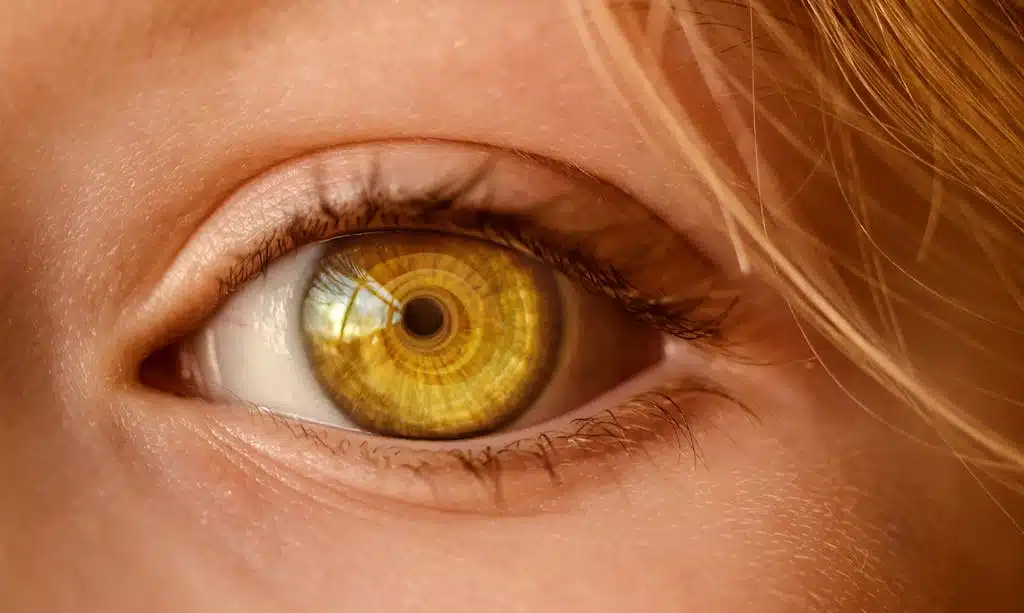LASIK & Medicaid: Does It Pay for Vision?
No, Generally, Medicaid Does Not Cover LASIK Eye Surgery
LASIK eye surgery is one of the most popular and effective procedures available today. However, for those relying on Medicaid for their healthcare needs, the question of whether Medicaid covers LASIK is a significant concern.
In this blog, I will provide you with a comprehensive guide to understanding Medicaid’s stance on LASIK.
Does Medicaid Cover LASIK Eye Surgery?
The Short Answer
- No, Medicaid generally does not cover LASIK eye surgery.
Medicaid is a government-funded healthcare program designed to assist low-income individuals and families. While it provides coverage for a wide range of medical services, LASIK is typically excluded from its benefits. This is because LASIK is considered an elective or cosmetic procedure rather than a medically necessary one.
Cost of LASIK
Average Cost of LASIK
- The cost of LASIK varies depending on factors like the provider, location, and technology used.
- On average, LASIK costs 2,000to2,000 to 3,000 per eye.
Factors Influencing Cost
- Technology Used: Advanced technologies like bladeless LASIK or wavefront-guided LASIK may cost more.
- Surgeon’s Experience: Highly experienced surgeons may charge higher fees.
- Geographic Location: The cost of LASIK can vary significantly depending on where you live.
Is LASIK Worth the Cost?
- While LASIK is a significant investment, many patients find it worthwhile due to the long-term benefits.
- The procedure can eliminate or reduce the need for glasses or contact lenses, providing greater convenience and improved quality of life.
Why Doesn’t Medicaid Typically Cover LASIK?

Medicaid’s Primary Purpose
- Medicaid is designed to cover medically necessary services. These are treatments or procedures that are essential for maintaining or improving a person’s health. Examples include surgeries for life-threatening conditions, treatments for chronic illnesses, and emergency care.
LASIK as an Elective Procedure
- LASIK is primarily performed to correct refractive errors like nearsightedness, farsightedness, and astigmatism. While it significantly improves quality of life, it is not considered essential for maintaining health.
- Glasses and contact lenses are typically sufficient for correcting vision, making LASIK an optional procedure.
Cost Considerations
- LASIK is an expensive procedure, often costing thousands of dollars per eye. Medicaid prioritizes funding for essential healthcare services, and elective procedures like LASIK are not included in most state Medicaid programs.
Read Also: Jawline Gold: Best Mastic Gum for a Chiseled Look
How to Choose the Right LASIK Provider
If you decide to pursue LASIK, choosing the right provider is crucial. Here are some tips to help you make an informed decision:

1. Research the Provider’s Credentials
- Ensure the surgeon is board-certified and has extensive experience performing LASIK.
- Look for providers who use the latest technology and adhere to strict safety standards.
2. Read Patient Reviews
- Patient reviews can provide valuable insights into the quality of care and results you can expect.
- Look for reviews that mention the surgeon’s bedside manner, the clinic’s cleanliness, and the overall patient experience.
3. Schedule a Consultation
- Most LASIK providers offer free consultations to assess your eligibility for the procedure.
- Use this opportunity to ask questions, discuss your concerns, and evaluate the provider’s professionalism.
4. Compare Costs
- While cost should not be the sole deciding factor, it’s important to compare prices among different providers.
- Be wary of providers offering significantly lower prices, as this may indicate lower-quality care.
Read Also: Captivate with Hunter Eyes: Mesmerizing Gaze Revealed
Final Words
Medicaid generally does not cover LASIK eye surgery, as it is considered an elective procedure. However, there are rare exceptions where LASIK might be deemed medically necessary. If you’re considering LASIK, it’s essential to contact your state Medicaid office, review your plan documents, and consult your ophthalmologist to determine your eligibility.







